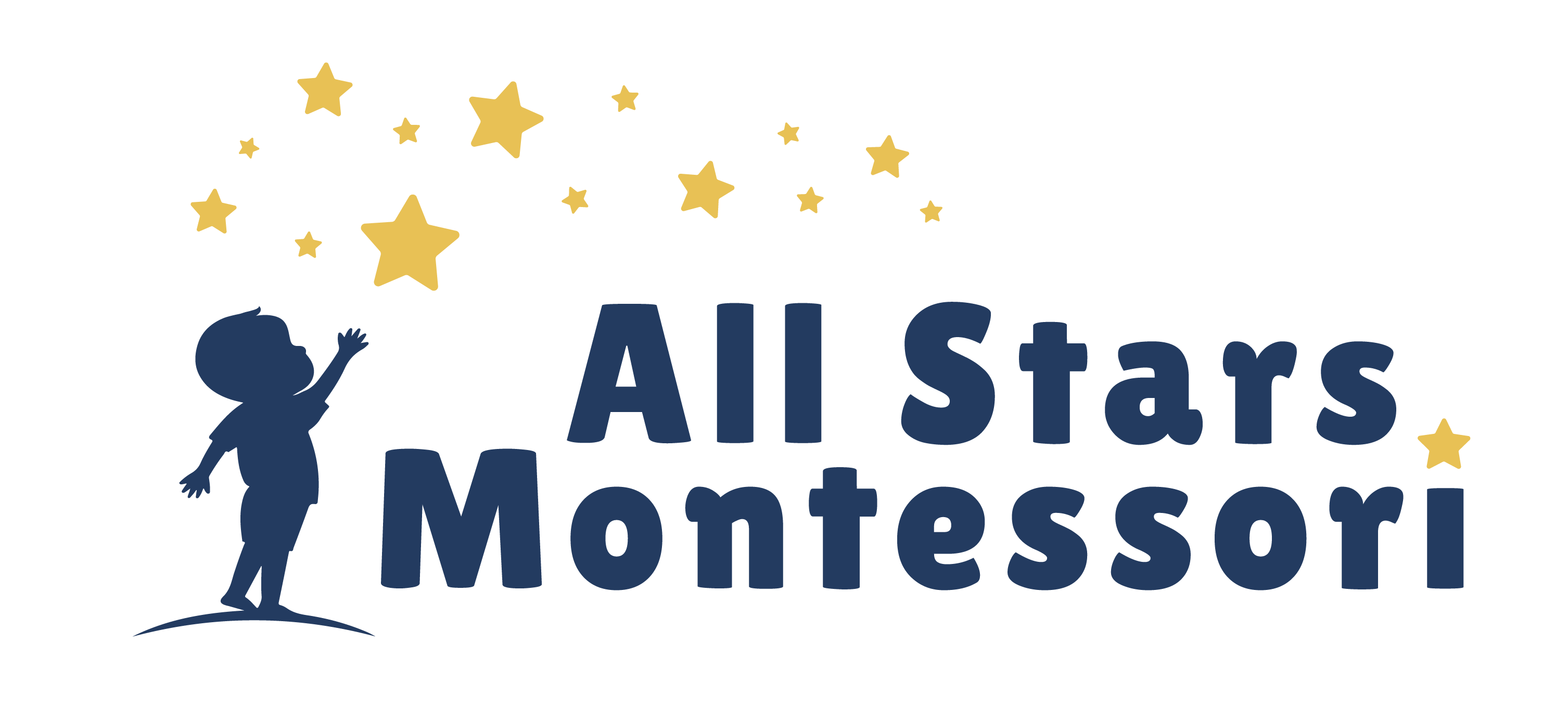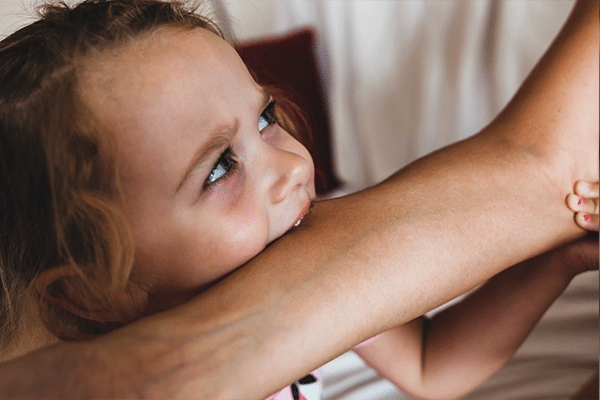Many parents have had the misfortune of being on one side or the other of the toddler biting phenomenon. The verdict is still out whether it’s worse to have the child that has been bit or the one that’s doing the biting, but in either situation, parents are left wondering: Why do toddlers bite? Is there any way to prevent it? And what should I do when it happens?
Although it is unfortunate, it is not abnormal for a toddler to bite. They are experiencing an explosion of growth and development but they still lack the vocabulary skills to effectively communicate their feelings. In most cases, simply being aware of situations that trigger a biting response will help caregivers intervene before it happens and enable them to offer other strategies to help toddlers express their feelings.
Why do toddlers bite? – Some of the common reasons that a toddler may bite are:
- Limited language skills – When a toddler is having trouble getting someone to understand what they want or need, they may bite out of frustration.
- Attention seeking – When there is a lot going on around them, a toddler may bite to get attention.
- Tired or hungry – When a toddler is tired or hungry, they may lash out by biting.
- Stressed out – During times of transition in their day (leaving home in the morning, beginning a new activity, etc.) the lack of control may cause a child to bite out of stress.
Is there any way to prevent biting? – Being proactive is the best way to prevent a biting incident. Watch closely for situations that may cause a child to bite and step in and redirect them beforehand. Intervention is the best way to avert a biting incident.
What should you do when a biting incident occurs? – When a biting incident does occur, you should focus your attention on the child that was bitten rather than on the biter. When a child bites to gain attention, even negative attention will reinforce their behavior, so a simple yet firm, “no biting” or “biting hurts” is usually the best approach. Also, be sure to administer first aid if necessary. (Clean the wound, apply ice, etc.) With older toddlers, it may be helpful to offer a brief explanation of other appropriate responses, such as giving them the words to use to communicate their feelings.
Biting is a normal toddler challenge. Do your best to avoid situations that lead to biting by being prepared and keeping an eye out for triggers. Watch for teachable moments. Provide positive reinforcement when children communicate successfully. Be patient as toddlers navigate the developmental changes they experience at this age. And don’t worry too much. In most cases, biting is just a phase that will be outgrown when they become preschoolers.
(If biting is excessive or continues when a child reaches three or four years of age it may be necessary to consult your child’s pediatrician or other professional to determine what the underlying cause may be.)





0 Comments